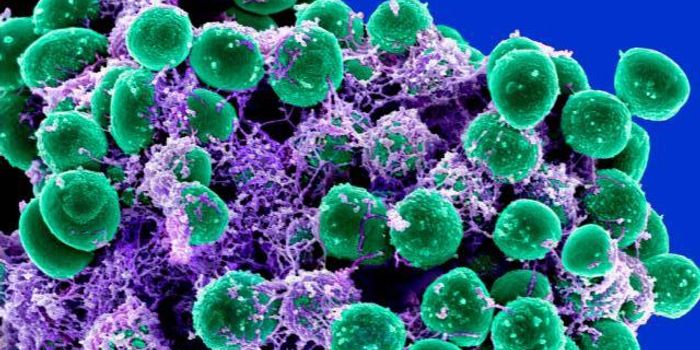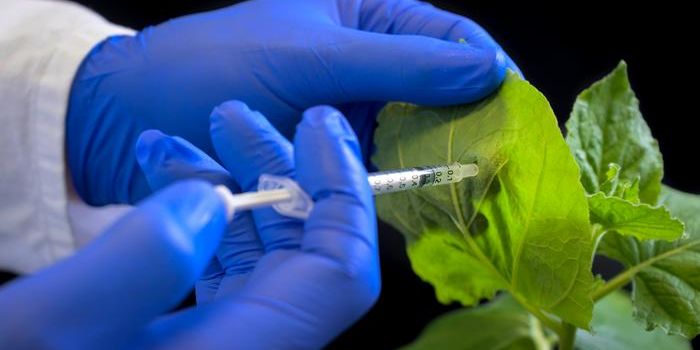Exploring the Genetic Link to Parental Neglect
It takes time to build the human brain, and in the early years of life, it undergoes many dramatic changes. Early life experiences impact how the brain is formed, and create either a stable, solid foundation for later life, or a fragile architecture. Over one million new connections are formed between neurons in the brain every second in the first years of life, and those links are pruned back later. While the brain is most malleable in young children and infants, adult brains can still be rewired and altered.
Researchers know that neglect can have a very detrimental impact on a child’s brain health (as discussed in the videos below). Scientists at Cold Spring Harbor Laboratory (CSHL) used a mouse model to learn more about the period during which a dam becomes aware of cries of distress coming from her pups, and responds to them. They found that adult mice that are learning a lot of new information experience some of the same molecular mechanisms that young mice in early development go through.
The work, which may help in the development of therapeutics for a disorder called Rett syndrome, has been reported in the Journal of Neuroscience.
The team of CSHL Associate Professor Stephen Shea learned a few years ago that when female mice carry a gene called Mecp2 that is not functional, they don’t learn to attend to distressed pups. This behavior was traced to abnormally-behaving cells called parvalbumin (PV) neurons, inhibitory neurons that sit in the auditory cortex. These neurons, which reduce the activity of other neurons, are particularly important during development.
Shea’s team has now investigated how the presence of pups impacts neurons in the auditory cortex. They found that in individual cells in this region, the inhibitory action of PV neurons is reduced during an encounter with pups, if Mecp2 is active. Thus, other neurons become more active, as the mom can respond to distressed young.
"The inhibitory networks sort of back off and allow the excitatory activity to be stronger," Shea explained. If the protein that Mecp2 codes for is present, the brains of female mice will respond to distress calls even if they have not been pregnant. However, when the Mecp2 gene is not working, the PV neurons keep sending out strong inhibitory signals.
Humans that carry mutations in their Mecp2 gene have Rett syndrome; in children with the syndrome, they seem to develop normally in the initial months of life, then later they start to lose motor and language skills. This work indicated that PV neurons might be a good therapeutic target for Rett syndrome. Patients with the disorder may also benefit from drugs that are applied at certain developmental periods.
The researchers found that auditory cortex cells behaved in the same way whether or not they carried functional Mecp2 genes, before they were exposed to pups. "That suggests that Mecp2 is specifically important during windows of heightened learning,” noted Shea. “That principle might guide treatments that are focused in time, at certain developmental milestones.
Sources: AAAS/Eurekalert! via Cold Spring Harbor Laboratory, Journal of Neuroscience









